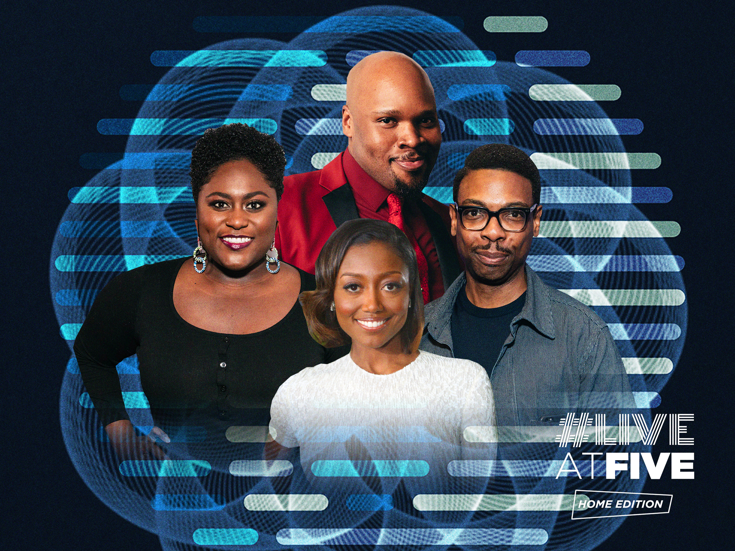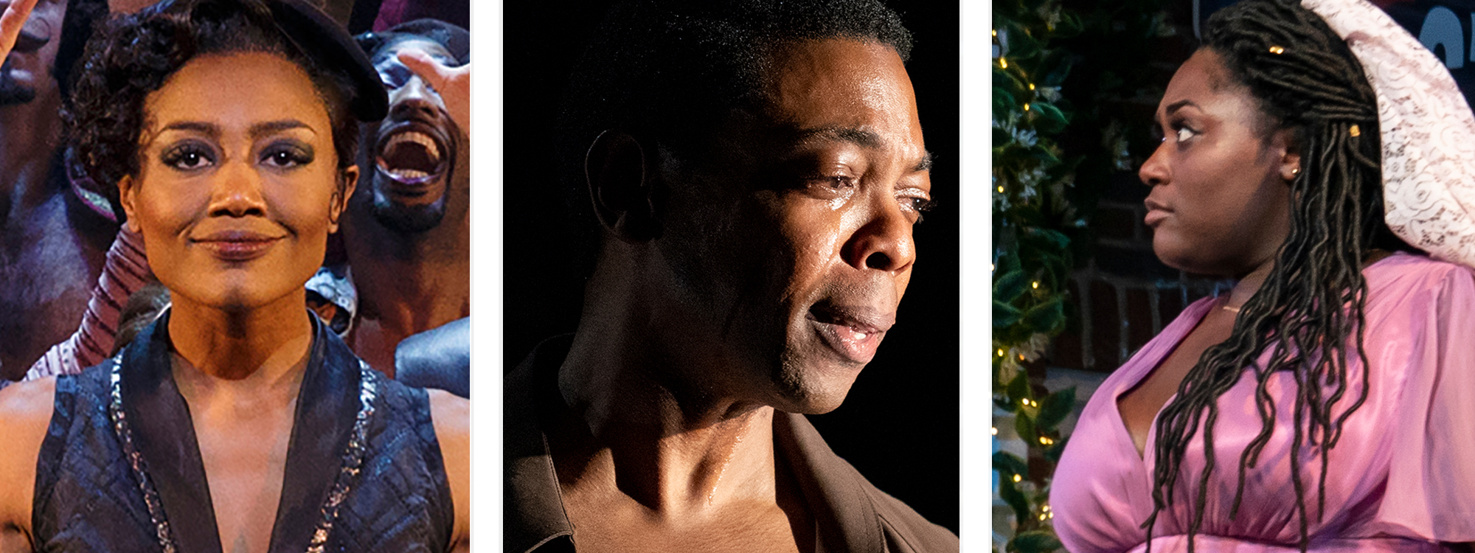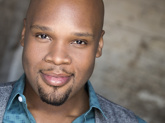Danielle Brooks, Patina Miller & Michael Benjamin Washington on the Incredible Impact of Representation


With global protests calling for justice and racial equality, Black Broadway artists are using their voices to promote change. In an effort to keep the conversation growing, Broadway.com invited Aladdin star Michael James Scott to moderate a weekly roundtable discussion on Broadway.com's #LiveatFive. This week Scott was joined by Tony winner Patina Miller, Tony nominee Danielle Brooks and Michael Benjamin Washington to talk about their experience as both film and stage stars and their personal connections to the importance of representation.
Brooks, who earned a Tony nomination for her Broadway debut in The Color Purple and is known for her work on Orange is the New Black, shares how she has found a renewed sense of freedom in her own identity. "We get stuck in this place of, 'Black is cool' but just for a moment," she said. "We get back into the old cycle very quickly. What's exciting is that we are being so unapologetically Black right now. We’re demanding what's necessary and we're forming groups and demand lists and saying what we deserve. For a while I felt like I had to say, 'I’m a person of color' and I had to be politically correct in my Blackness. But not anymore. I’m Black, and I don’t see a problem with that. It’s so freeing."

Last summer's Shakespeare in the Park production of Much Ado About Nothing, starring Brooks and directed by Kenny Leon earned much acclaim. The Black cast allowed audience members to see themselves in Shakespeare and left a lasting impression on Washington as an audiene member. "It was the first time I saw someone who looked like my aunts and grandmothers on stage doing perfect iambic pentameter," he said. "The biggest thing is that you didn't concede to European ideals. You were a Black woman in that space with a Black cast in that world. It's much like the André Holland-led Richard II radio play happening right now. I was listening to that and hearing all these beautiful Black and brown voices trusting our heritage in the work is what moves the needle forward. It's not casting some Black people so we can say we did, it's about inviting our culture into the humanity of the story."
For Miller, to be able to find her place in the spotlight, she first needed to find her voice. "I was super young when I did Sister Act," she said. "I didn't really speak up for myself because I believed that they were doing me a favor and that I didn't have a voice. By the time I got to Pippin, I knew what kind of leading lady I wanted to be and I knew I wasn't go to stand by and let things happen around me. I used to be afraid of coming off as ‘the sassy Black girl,’ but it was just that I knew what I wanted and spoke up about what I needed to be able to do the job. I had to grow into using my voice, and I'm really proud about how I handled myself. I was unapologetically myself, and I took that into TV work with Madam Secretary."
"I felt like I had to be politically correct in my Blackness. But not anymore. I’m Black and I don’t see a problem with that. It’s so freeing.
Before earning fans for her work on Broadway, Miller had already found one in a young Brooks. The two powerhouse performers attended the same high school in South Carolina and Brooks shared the impact Miller has had on her life. "I'm getting emotional, but it's really cool to be on here with Patina Miller," Brooks said. "She was my example. She helped me dream for myself. Getting to see her on Broadway was a big deal. We're both from South Carolina and seeing her catapult to Broadway helped me even dream about getting to New York. That’s why representation is so important. Danielle Brooks would be here, but I don’t know how fast she would have gotten here if it wasn’t for Patina Miller."
Washington, whose resume spans over 20 years, has also experienced the life-changing power of representation on stage. "I was at NYU the fall of 1997 right when The Lion King and Ragtime were coming in," he said. "There was enough representation where I could skip class and second-act a Broadway show and see myself somewhere in a principal role and that was so impactful. What I’ve seen these past 25 years is the fact there's still young ambitious kids trying to see themselves on stage and finding a way to break into a room. How do we make it available to everyone, not just kids from fancy schools with agencies behind them? The ambition and talent is there but you can’t afford to see the show you could be in. How do we bridge that gap so its financially feasible when we come back? That’s what I’m looking for."
Hear the full discussion by watching the episode below!



